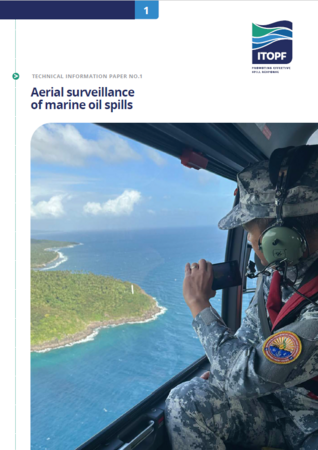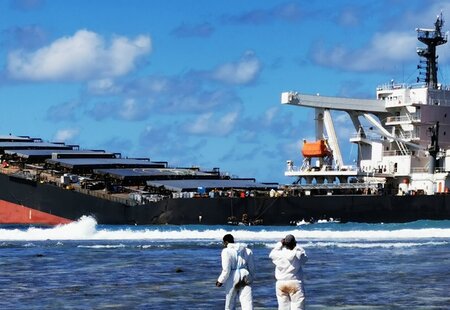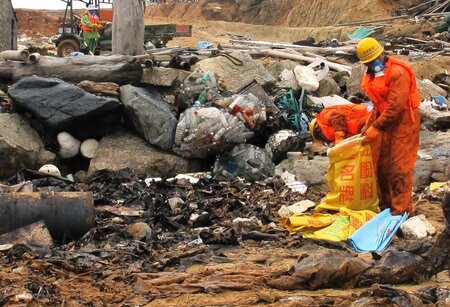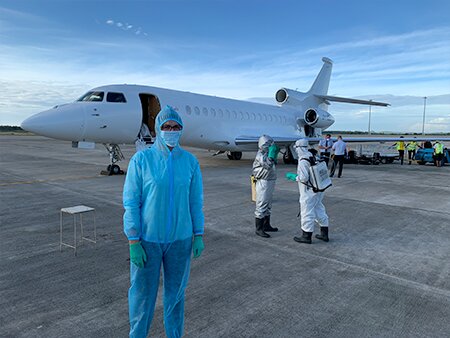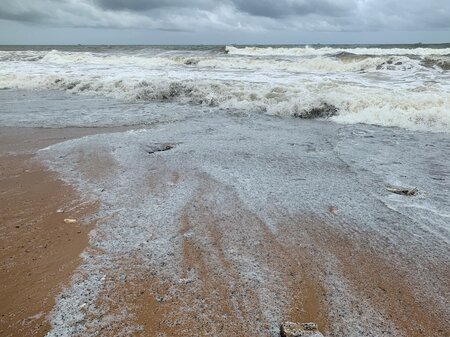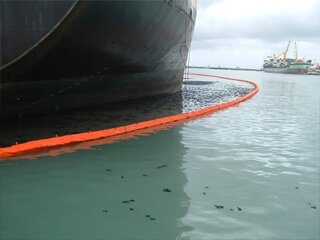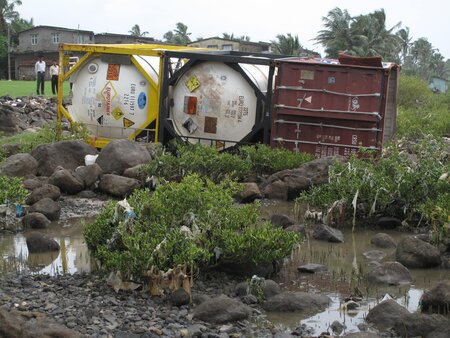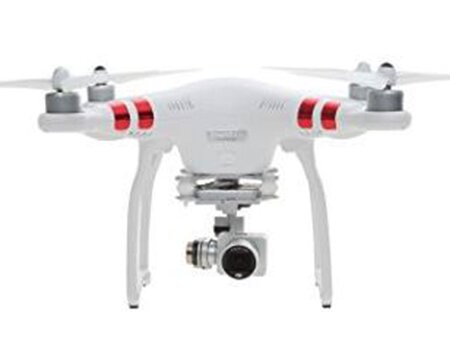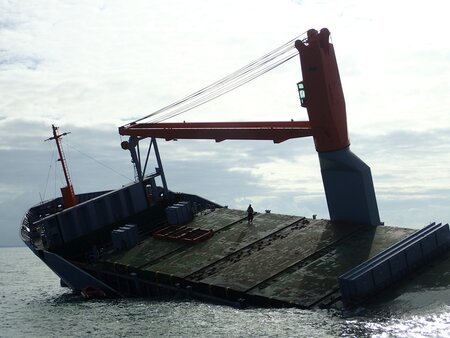Documents & Guides
Explore a variety of topics about marine spills, response and compensation matters in the pages below.
Each topic and area of interest provides access to more detailed documentation that is freely downloadable.
This includes our 18 Technical Information Papers which are fully illustrated with photos and diagrams and are available in several languages.
Alternative Fuels
What are the emerging alternative fuels and their associated risks, hazards, damages and liabilities?
Compensation for Ship-source Marine Oil Spills
What legal arrangements and sources of compensation are available for a spill from a ship?
Disposal
What planning and waste management systems need to be put in place to reduce the volume of oily waste for treatment or disposal?
HNS
What are the specific chemical response strategies for responding to a Hazardous and Noxious Substance spill, and what are the potential effects on human and marine life?
Contingency & Response Planning
What information is needed for an effective oil spill contingency plan? How can aerial observation and protective strategies assist with response operations?
Economic Effects
Which industries might suffer temporary economic losses and loss of market confidence?
Fate of Oil Spills
What happens to oil in the marine environment over time when spilled at sea? How do different factors such as volume and physical and chemical properties affect the fate of oil spills?
Explore the Resources
TIP 01: Aerial observation of marine oil spills
This paper presents advice and guidance on conducting effective aerial reconnaissance.
Categories: Fate of Oil Spills, Response Techniques, Planning & operations, Spill Response, Technical Information Paper (TIPS)
International Assistance: Sharing the Load or Muddying the Waters?
Despite a significant decline in major ship-sourced oil spills worldwide, these incidents continue to pose significant challenges for affected countries, impacting livelihoods and coastal ecosystems. Effective spill response is crucial to mitigate environmental and economic impacts, but this can be difficult to achieve during large-scale incidents, particularly where there is limited preparedness. International collaboration and assistance from governments and intergovernmental organisations can be critical to support response efforts, particularly in the early stages.
Categories: Planning & operations, Papers
Understanding culture in the context of emergencies: A step towards a more effective international spill response
Following an incident, the spill response community is subject to intense pressure where uncertainty is prevalent, yet strong work relationships are often expected to be built on an ad- hoc basis amid intense time pressure. Building trust and adaptability are therefore essential to create an environment of open communication and effective cooperation between stakeholders, leading to an effective response.
Categories: Planning & operations, Papers
A case for incorporating Environmental Social & Governance (ESG) into spill response
Over recent years the shipping industry has begun to discuss issues relating to sustainability, often within the framework of Environmental, Social and Governance (ESG). In the context of ship-source pollution response, there is debate over how ESG can be practically incorporated into this emergency response sector, and concerns that it’s inclusion may lead to increased bureaucracy and higher workloads at moments when time is already at a premium. This paper therefore examines the feasibility and usefulness of monitoring sustainability during maritime pollution response, and provides practical recommendations on how ESG considerations can be tailored to the spill response sector.
Categories: Environmental effects, Economic effects, Planning & operations, Papers
Spill response during the Covid-19 pandemic (2022) - extended abstract
Responding to a spill under COVID-19 conditions brought unparalleled challenges in all aspects of launching an effective spill response. This paper discusses the experiences and issues from a personal perspective and what lessons were learned.
Categories: Planning & operations, Papers
Nurdles - one container, a billion problems (2022) - extended abstract
To supply the global demand for plastic, significant quantities of pre-production plastic pellets are transported by sea in containers. Plastic pellets, or nurdles, are lentil-sized (typically < 5mm) pre-production raw materials used to fashion almost all day-to-day plastic items. Recent analysis estimates estimated around 230,000 tonnes of nurdles are lost to the environment annually.
Categories: Response Techniques, Planning & operations, Papers
To carry or not to carry? Onboard spill response equipment - Is it practicable? (2021)
The question as to whether oil tankers should carry oil spill response equipment onboard has been the subject of debate for many years. This paper focuses on the carriage and deployment of pollution response equipment from oil tankers. Nonetheless, many of the factors discussed can apply equally to the carriage of such equipment on the myriad other types of vessels trading commercially.
Categories: Response Techniques, Planning & operations, Papers
The pollution risk from mega boxships (2019)
A mega box ship has an environmental risk commensurate with its size. Following an incident, the pollution response would need to match.
Categories: Planning & operations, Papers
Droning on: A review of UAV use in recent spills attended by ITOPF and considerations for the future (2018)
This paper discusses the considerations for the use of UAVs at future oil spill incidents, based on its experience with other parties who have used the technology on site over a three year period, November 2014 to November 2017.
Categories: Planning & operations, Papers
To remove or not to remove? Dealing with pollution risks from ship wrecks (2017)
Based on ITOPF’s extensive experience providing advice on pollution mitigation and environmental risks posed by wrecks, this paper examines recent issues in the treatment of
wrecks. The authors highlight some key concerns regarding the equitable treatment of wrecks and argue that a more rigorous, technically-based decision making process be adopted and
promoted to ensure clarity and consistency for all parties.
Categories: Planning & operations, Papers

